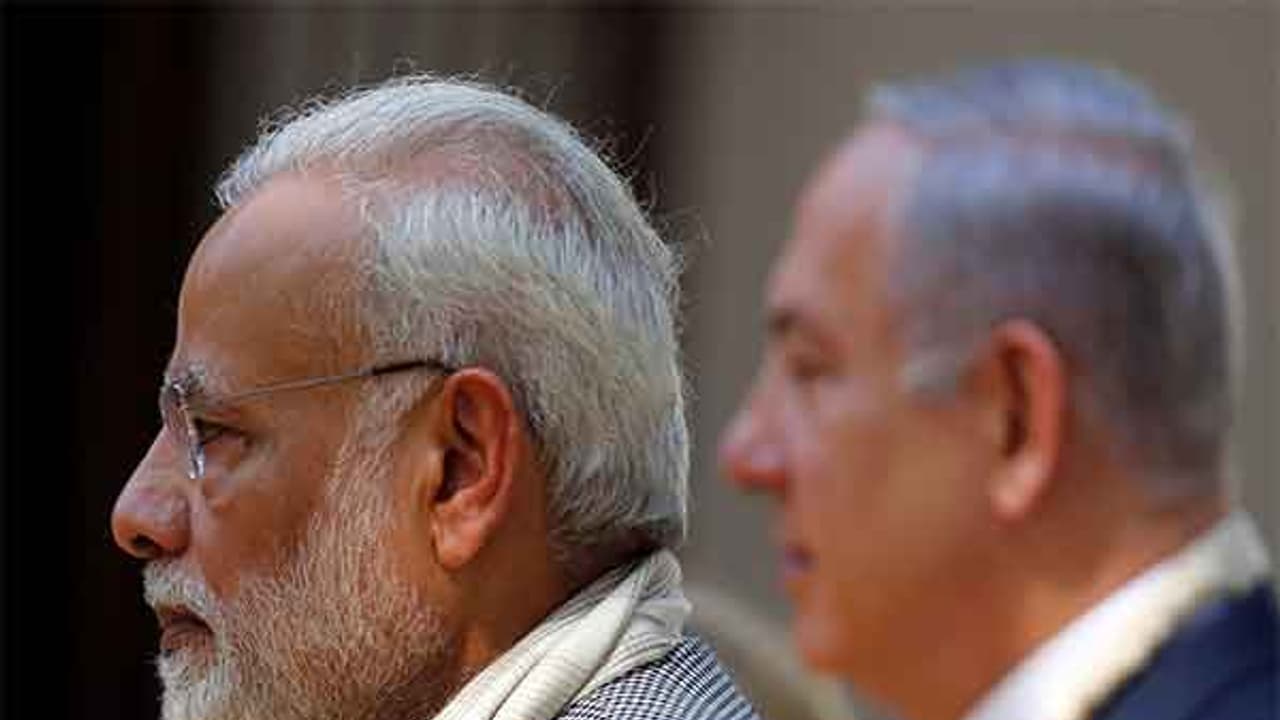Benjamin Netanyahu has spoken with Prime Minister Narendra Modi and strongly condemned the recent terror attack in Pahalgam, Jammu and Kashmir, that left 26 civilians dead.
Israeli Prime Minister Benjamin Netanyahu on Thursday spoke with Prime Minister Narendra Modi and strongly condemned the recent terror attack in Pahalgam, Jammu and Kashmir, that left 26 civilians dead.

On Wednesday, Israeli Ambassador to India, Reuven Azar, while speaking to ANI, condemned in the strongest words the dastardly terrorist attack which took place in Pahalgam on Tuesday. He assured India of continued cooperation in areas such as technology, methodology and intelligence in the fight against terrorism.
The conversation between PM Modi and Israeli PM Netanyahu comes amid a wave of international condemnation of the attack.
Condolences have been pouring in from across the world in the wake of the dastardly Pahalgam Terror attack, which occurred on Tuesday in the Baisaran meadow of Anantnag district.
The brutal incident turned a peaceful tourist destination into a scene of devastation, killing 25 Indian nationals and one Nepali citizen, and injuring several others. The assault is considered one of the deadliest terror attacks in Jammu and Kashmir since the 2019 Pulwama bombing.
Earlier today, External Affairs Minister S Jaishankar had received a call from French Foreign Minister Jean-Noel Barrot, during which the French leadership conveyed its solidarity with the people of India. Canadian leaders also voiced their condemnation. Senator Leo Housakos, representing Quebec and former Speaker of the Senate of Canada, called the attack a "barbaric assault on faith and humanity" and urged swift justice.
"The massacre of Hindu tourists in India is not just terrorism - it's a barbaric assault on faith and humanity. The perpetrators must face swift and uncompromising justice. The world must not stay silent," Housakos posted. Canadian Prime Minister Mark Carney echoed the sentiment, calling the attack "a senseless and shocking act of violence," and adding, "Canada strongly condemns this terrorist attack. We offer our condolences to the victims and their families."
In response to the attack, India convened a Cabinet Committee on Security (CCS) meeting chaired by the Prime Minister. The government resolved to hold the perpetrators and their sponsors accountable and announced several retaliatory measures. These included suspending the Indus Waters Treaty, closing the Integrated Check Post at Attari, cancelling Pakistani SAARC visa exemptions, and reducing diplomatic staff in both countries' missions.
-With ANI inputs


